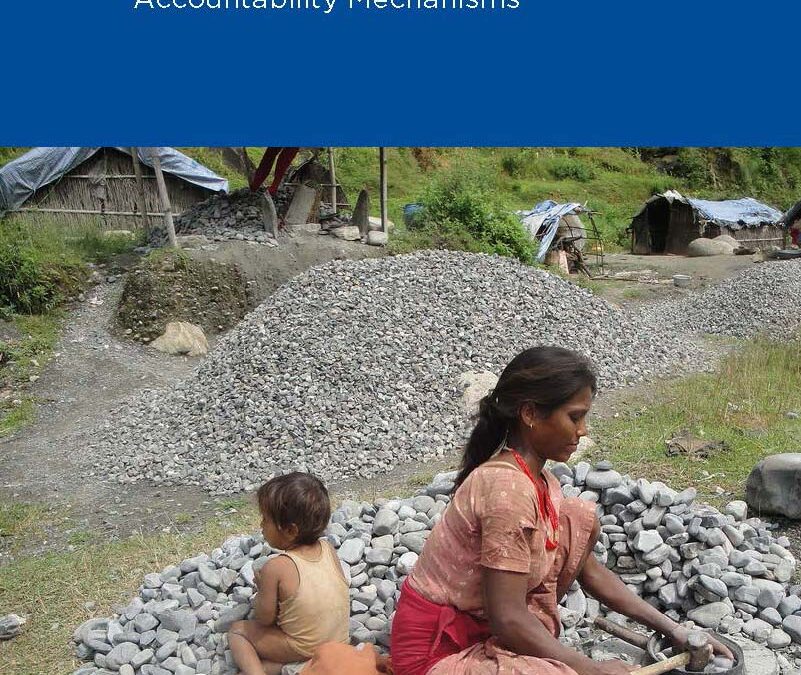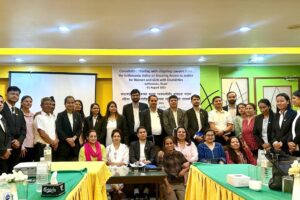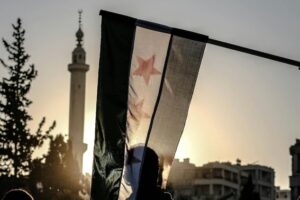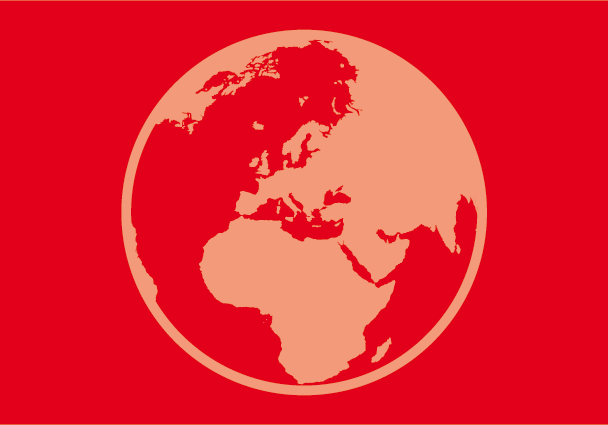
Jun 1, 2014
The ICJ has provided a further submission to the Human Rights Committee in response to the Committee’s second draft General Comment on the right to liberty and security of the person and freedom from arbitrary arrest and detention.
The ICJ’s submission focusses on issues concerning the extraterritorial application of the ICCPR; arbitrary detention and unlawful detention; judicial supervision of all forms of deprivation of liberty; and non-refoulement.
The work of the Human Rights Committee will continue throughout 2014 towards the eventual adoption of General Comment No 35 on Article 9 of the International Covenant on Civil and Political Rights – the right to liberty and security of the person and freedom from arbitrary arrest and detention. This General Comment will replace the Committee’s earlier General Comment No 8 of 1982.
ICJ-HRCtteeGeneralCommentArticle9-LegalSubmission-2014 (download, in PDF, the ICJ’s latest submission to the Committee)
See also:
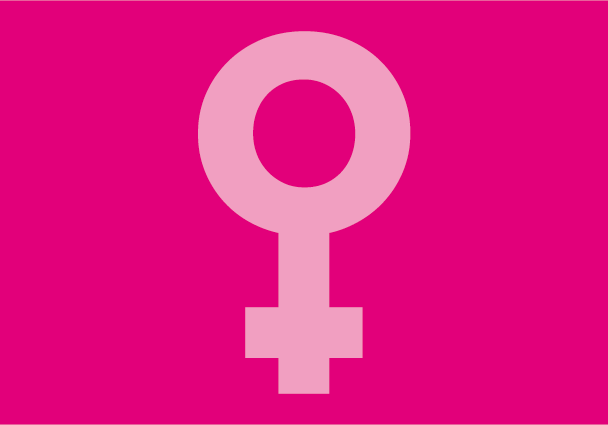
May 21, 2014
The ICJ has released a briefing paper entitled ‘International Human Rights Law and Gender Equality and Non-Discrimination Legislation. Requirements and Good Practices.’
Ensuring women’s enjoyment of their human rights on a basis of equality and without discrimination is a fundamental tenet of international law and is enshrined in a range of international human rights treaty provisions. In order to give effect to this obligation, States must enact legislative guarantees of gender equality and prohibitions of discrimination that are effective and fit for purpose.
This short briefing paper provides an overview of the basic components that international treaty monitoring bodies have repeatedly held must be encompassed within national legal provisions in order to meet the requirements of international law and standards.
GenderEquality&NonDiscriminationLegislation-BriefingPaper-Legal-2014 (download briefing paper in PDF)
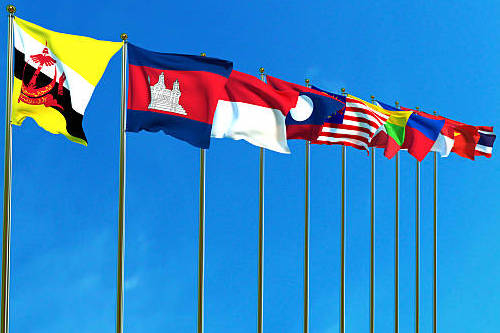
May 10, 2014
An opinion piece by International Commission of Jurists’ International Legal Advisor for Southeast Asia Emerlynne Gil on the Philippines’ reluctance to speak out about Brunei’s new Penal Code.
Brunei Darussalam recently began implementing its new Penal Code, which includes draconian penalties including death by stoning and the amputation of limbs.
The new Penal Code has been widely criticized, including by the International Commission of Jurists, for contravening international human rights law and standards. Not surprisingly, under international law, these forms of punishment are characterized as cruel and inhuman and therefore absolutely prohibited.
The new Penal Code also criminalizes same-sex relations and extramarital sexual relations. Many of the law’s provisions are ambiguously worded, but could certainly be construed as restricting the practice of other religions, thereby violating the right to freedom of religion.
One of the provisions, for instance, provides that any person who “propagates religion other than the religion of Islam” to a person having no religion shall be guilty of an offence and may be imprisoned for 5 years or fined. This provision could very well apply to Catholic priests who conduct baptisms of babies who do not have any religion.
An estimated 30,000 Filipino migrant workers reside in Brunei, most of whom are non-Muslim. They will have to live under this law, which is applicable to both Muslim and non-Muslim populations.
The Philippine government historically has been outspoken and pro-active when it comes to protecting the rights of its migrant workers. But it has been uncharacteristically silent in its response to the implementation of Brunei’s new law.
Rather than expressing concern to Brunei over the implementation of the law and its impact on its migrant workers there, the only step taken by the Philippines has been to gather the migrant workers living in Brunei to brief them about the new law.
Ambassador Nestor Z. Ochoa, the Philippine’s top diplomat there, was quoted by GMA News saying, “We Filipinos should take responsibility to educate ourselves on this new law and its effect on our everyday lives.”
The Philippines also neglected to mention the new Penal Code when Brunei went through the United Nations Universal Periodic Review in Geneva last week. Instead, the Philippines commended Brunei for ensuring the welfare of migrant workers in the country.
The Philippines’ diffidence on this issue is especially mystifying because Brunei’s new Penal Code runs counter to the spirit of the move toward greater economic integration in the Association of South East Asian Nations (ASEAN). Brunei’s new penal code will materially impact Filipinos and other ASEAN nationals (and other non Brunei citizens) who make up a significant proportion of the small country’s work force.
The Philippines should raise its concerns in the context of ASEAN integration, both in terms of economic impact and human rights.
Because ASEAN is also now tentatively discussing greater protection of human rights for the people in ASEAN, The ASEAN Intergovernmental Commission on Human Rights (AICHR) has been established “to develop strategies for the promotion and protection of human rights and fundamental freedoms to complement the building of an ASEAN community.”
ASEAN Member States should use the mechanism of the AICHR to address the enactment and prevent the implementation of a law that flies in the face of international human rights standards and is a setback to the efforts in developing regional human rights standards as part of building an ASEAN community.
The Philippines should play a leading role in raising concerns about Brunei’s new law through the AICHR and try to dissuade Brunei from implementing the egregious provisions of the new law.
The principle of non-interference can be no basis to justify a lack of action on this issue. Although the non-interference principle is embodied in the ASEAN Charter and reiterated in the Terms of Reference of the AICHR, it is unacceptable to interpret the principle, as some within ASEAN have, to mean that Member States are prohibited from commenting on each other’s domestic affairs.
Over the years, ASEAN Member States have used this principle inconsistently, but mostly it has been used as a political tool to avoid being made accountable for human rights violations.
It must be made clear that the protection and overall realization of human rights, is not exclusively a matter of internal affairs of States, but the international community has an interest, including a legal interest, in this realization.
This principle has long been accepted by the international community, including by ASEAN member states, notably in the 1993 Vienna Declaration and Program of Action.
Indeed, ASEAN Member States have on occasion discussed extensively another Member State’s domestic affairs. For instance, in 2009, after the summit in Thailand, the ASEAN issued a statement encouraging Myanmar to release political prisoners and allow democracy.
Last year, the ASEAN urged Indonesia to quickly ratify the Agreement on Transboundary Haze Pollution, essentially commenting on the internal affairs of the country.
ASEAN Member States are also already allowing other countries to comment on their domestic affairs through the various international mechanisms in which they participate.
All ASEAN Member States are parties to the Convention on the Rights of the Child (CRC) and the Convention on the Elimination of Discrimination Against Women (CEDAW). ASEAN is considering its own convention on violence against women and children—both of which are directly implicated in the problematic provisions of Brunei’s Penal Code.
The Philippines therefore must speak up on Brunei’s Penal Code, not only because the rights of thousands of Filipino migrant workers are at stake, but also because it has an opportunity to take a leading role in advancing human rights standards in the ASEAN.
It should take this issue as an opportunity not only to protect its citizens in Brunei, but also to initiate a discussion within the ASEAN to ensure that a more robust and effective human rights regime prevails in the region.
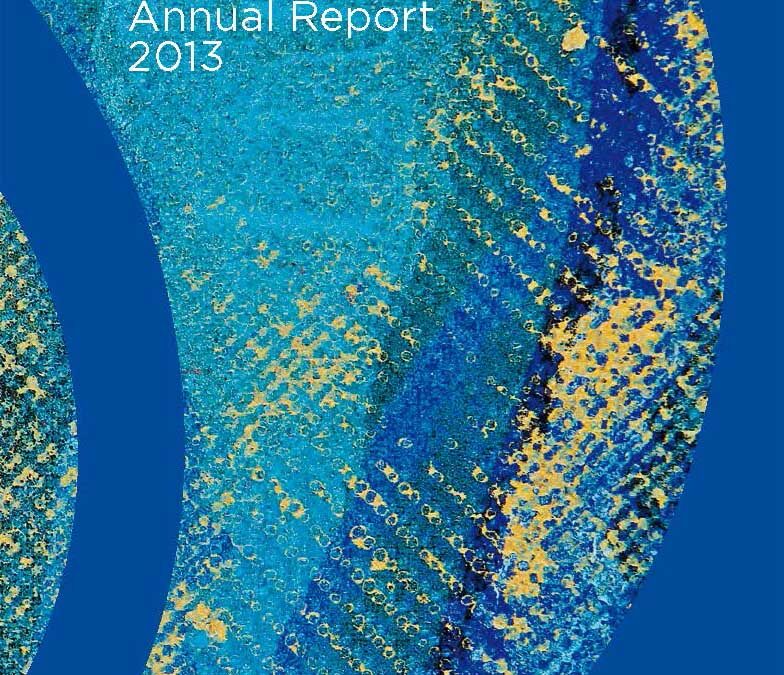
May 7, 2014
The ICJ issued today its Annual Report 2013, which offers a concise summary of the work carried out by the ICJ over the last year.
In 2013 the ICJ undertook over 160 advocacy interventions and, with the help of its Commissioners, carried out 11 country missions.
Through its seminars and workshops, it has provided tools to over 300 legal professionals, to use international law and the rule of law more effectively to support human rights.
This annual report does not contain an accounting of all the activities undertaken by the ICJ last year, but the selected examples are emblematic of ICJ’s work and highlight some of the most important initiatives.
ICJ Annual Report 2013 – Publications-Reports-2014 (download pdf)





